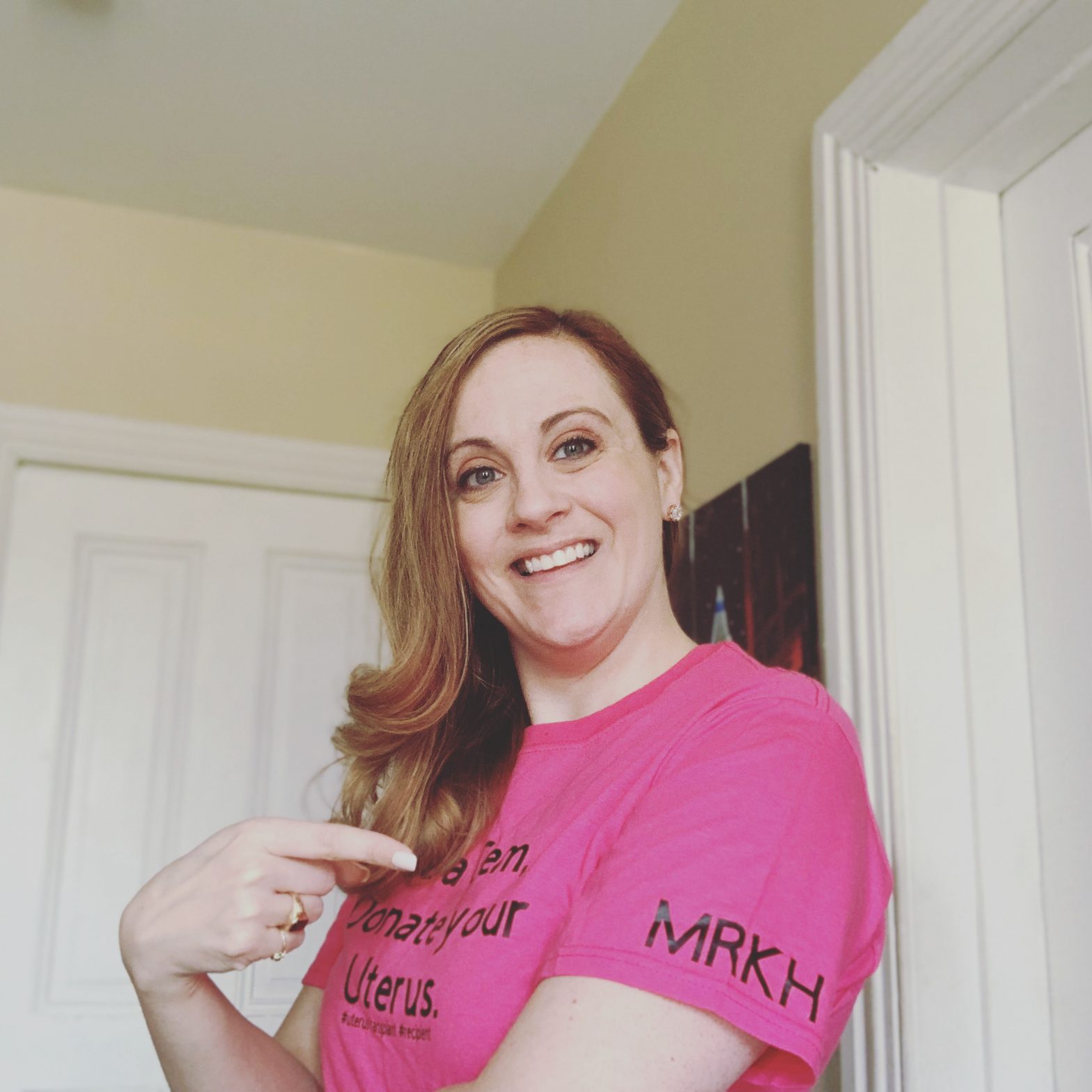The story of Jennifer
Picture me at 17. A delco native doing my best to enjoy my teenage life. I focused on the now a lot. For years at this point I had been shuttled to different pediatricians and doctors trying to figure out why I wasn’t getting my period. Honestly, those years were traumatizing. I had a ton of vaginal exams and ultrasounds. Finally, I had an intense MRI at the place that used to be by the Bed Bath and Beyond on Baltimore Pike. But the MRI techs don’t give results. So I got the next appointment at Riddle’s OBGYN to tell me what they saw.
My mom and I took the day off and it happened to be my grandmother’s birthday August 26 (2004). My mom was like, “Great! We will see what the MRI says then we will take your Grandmom out to Bennigan’s!”
We wait to be seen and the doctor does look like she has great news. She tells me and my mom she wrote down what I have and that she had to look it up. I have “Mayer Rokitansky Kuster Hauser Syndrome”
To me looking at this slip of paper I had a whoseawhatits syndrome??
Then she gets serious and says, “You don’t have a uterus you were born without one. I never give a 100% diagnosis, so I will say you have a 2% chance to ever have your own child. I am religious but also believe in science advancing so the 2% is for that.”
I am sure she had lots of interesting things to say at that point but my brain shut down.
I only remember going back to the car and having a solid cry with my mom.
This is the memory I have of my diagnosis day.
My rare disease – Mayer-Rokitansky-Küster-Hauser (MRKH) syndrome, which means I have functional ovaries but does not have a fully formed uterus. MRKH affects approximately 1 out of every 4,500 females, and makes it impossible for women to get pregnant or carry a child. It’s one example of Uterine Factor Infertility (UFI), which is a previously irreversible form of female infertility that affects as many as five percent of reproductive-aged women worldwide.
Flash forward to 33-year-old Jennifer, who remind you has MRKH / was born without a uterus. Giving birth to Benjamin, who arrived in November 2019 at the Hospital of the University of Pennsylvania, he grew inside a womb I received as part of an organ transplant research trial over a year earlier. Ben is the first baby born as part of Penn Medicine’s ongoing Uterus Transplantation for Uterine Factor Infertility (UNTIL) trial, which launched in 2017. He is the second baby in the nation to be born following transplantation of a uterus from a deceased donor.
For most of my life, I never thought carrying and delivering my own child was an option. When me and my husband met, and as our life began together, we had talked about other ways to grow our family, but we never considered something like this would be possible.
As part of the clinical trial, the we welcomed our son via cesarean section, attended to by a team of more than 20 specialists in high risk obstetrics, transplant surgery, fertility, gynecologic surgery, neonatology, pediatrics, urology, nursing, and anesthesiology.
Our journey began more than than three years ago, with an extensive evaluation by the clinical trial team including specialists in clinical research, bioethics, social work, psychology, pathology, obstetrics and gynecology, transplant, and infectious disease, among others, before I was enrolled in the trial. I had already undergone in vitro fertilization (IVF) while exploring the option of a gestational carrier and had cryopreserved embryos for transfer into my transplanted uterus following successful transplant surgery.
Uterus transplantation is a complex procedure that involves both surgical and medical components. More than 35 providers are involved in each trial participant’s care over the course of a five- to 10-year period, which spans IVF, transplantation and birth to long term follow-up after delivery and after the surgical removal of the organ.
Having Benjamin in our lives – and having been able to carry and give birth to him — is truly a miracle. We will forever be thankful for our little one and for this experience. We are public about our story as we want to bring awareness to this rare disease and bring light to hope in the MRKH community.
